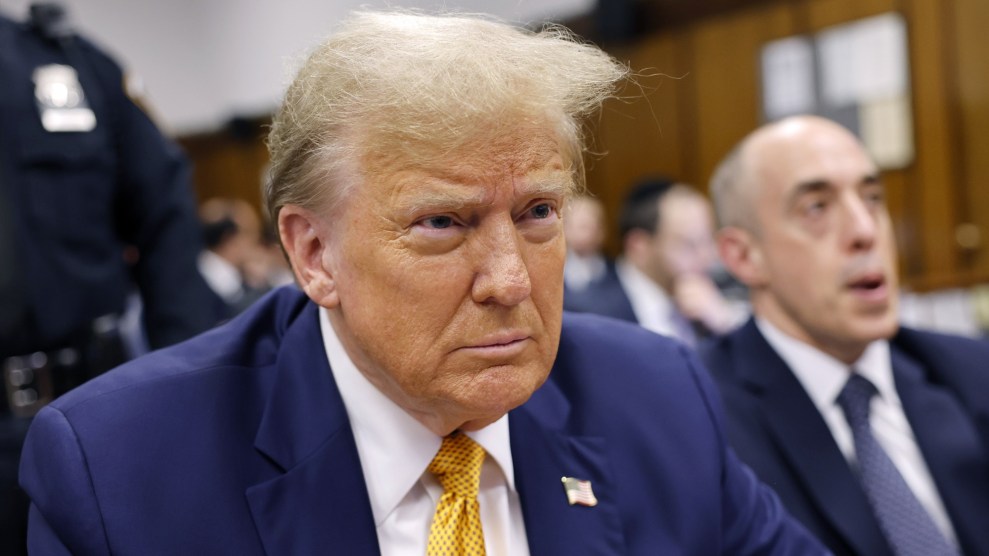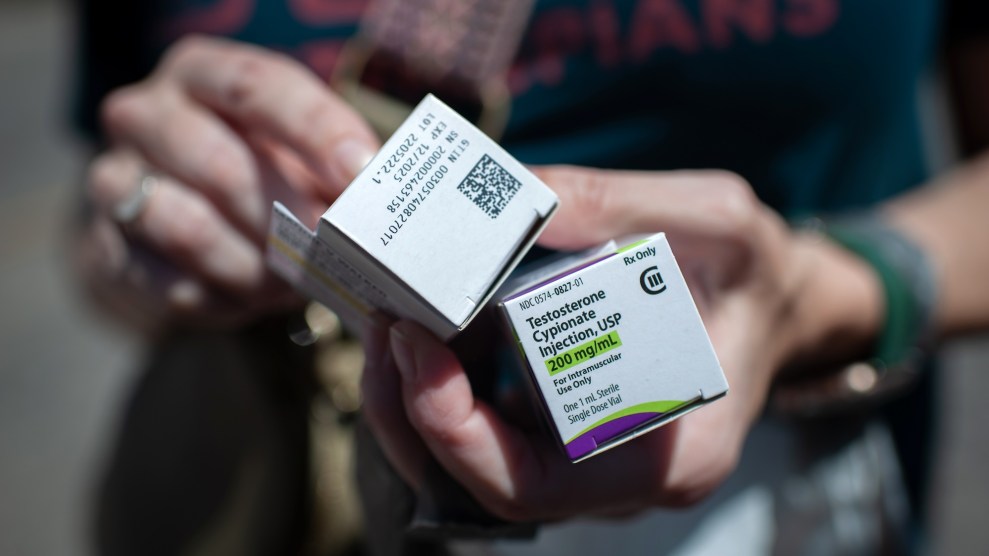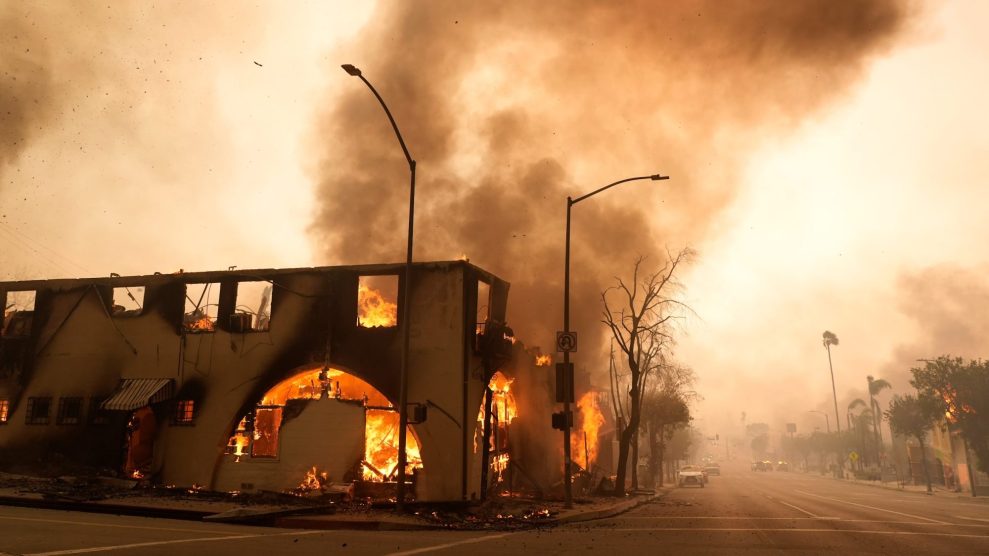By Jeff Fleischer
Less than a week after his allegations of torture at the hands of his U.S. captors became public, Guantanamo detainee Mamdouh Habib is going home to Australia. On Tuesday, the Pentagon announced that Habib and four British nationals (two of whom have also alleged abuse) will be released from Gitmo after roughly three years in custody.
This move begs the obvious question of why the U.S. is now deciding to release the five men it previously argued were dangerous enough to hold indefinitely without charge. In its statement on the release, the Pentagon simply tried to pass the buck to its allies:
“These (the British and Australian) detainees are enemy combatants who had been detained by the United States in accordance with the laws of war and U.S. law. The governments of the United Kingdom and Australia have accepted responsibility for these individuals and will work to prevent them from engaging in or otherwise supporting terrorist activities in the future.”
In the case of the four Britons — Moazzam Begg, Martin Mubanga, Richard Belmar and Feroz Abbasi — what happens next is an open question. British foreign secretary Jack Straw said his government has been negotiating the men’s release since 2003, but hasn’t yet decided what to do with them:
“Once they are back in the UK, the police will consider whether to arrest them under the Terrorism Act 2000 for questioning in connection with possible terrorist activity.”
As for Habib, he can’t face legal sanction at home because Australia’s new anti-terrorism law went into effect after his arrest, and isn’t retroactive. Attorney general Philip Ruddock told the Sydney Morning Herald:
“Mr Habib remains of interest in a security context because of his former associations and activities … relevant agencies will undertake appropriate measures.”
So with a chance that all five detainees could go free, the Pentagon is essentially admitting by default that it didn’t have the evidence to prosecute them (the Guantanamo tribunal for Australia’s other detainee, David Hicks, began in August and is still proceeding as planned). Instead, the moves have already prompted speculation that the Bush administration made the decision as a political favor to allies. As BBC correspondent Paul Reynolds writes, the freeing of Britain’s remaining Gitmo detainees (the rest were released last year) takes one controversial issue off the table before Tony Blair’s re-election bid this spring:
[The release] cannot easily be explained by the reviews of all Guantanamo Bay cases forced by the U.S. Supreme Court decision last year that prisoners could take their cases to U.S. courts. Nor does the apparent decision by the United States to reduce the numbers of prisoners at the camp generally and to continue holding those of most intelligence value explain why two men once in the top six should now suddenly be set free.
The timing of these considerations has been helpful to the British demand for the prisoners’ release — it gives the US a figleaf for the decision — but one cannot escape the conclusion that political considerations are likely to have played an important part.
The Pentagon’s aforementioned statement of an agreement between the governments was a source of worry for some watchdog groups. First, the Pentagon continues to assert its ability to hold enemy combatants, and there are fears that the freed men’s allegations of torture and abuse might not meet with full investigations. Habib’s lawyer said Tuesday that he will consider taking legal action regarding client’s treatment while in custody, and Amnesty International is already urging the British government to launch its own thorough abuse investigation.
As U.S. officials clearly lacked the evidence to proceed against these five men, their release is encouraging. But for the 549 detainees still held at Guantanamo without charges (or the backing of governments on good terms with the Pentagon), this remains a hollow victory.

















